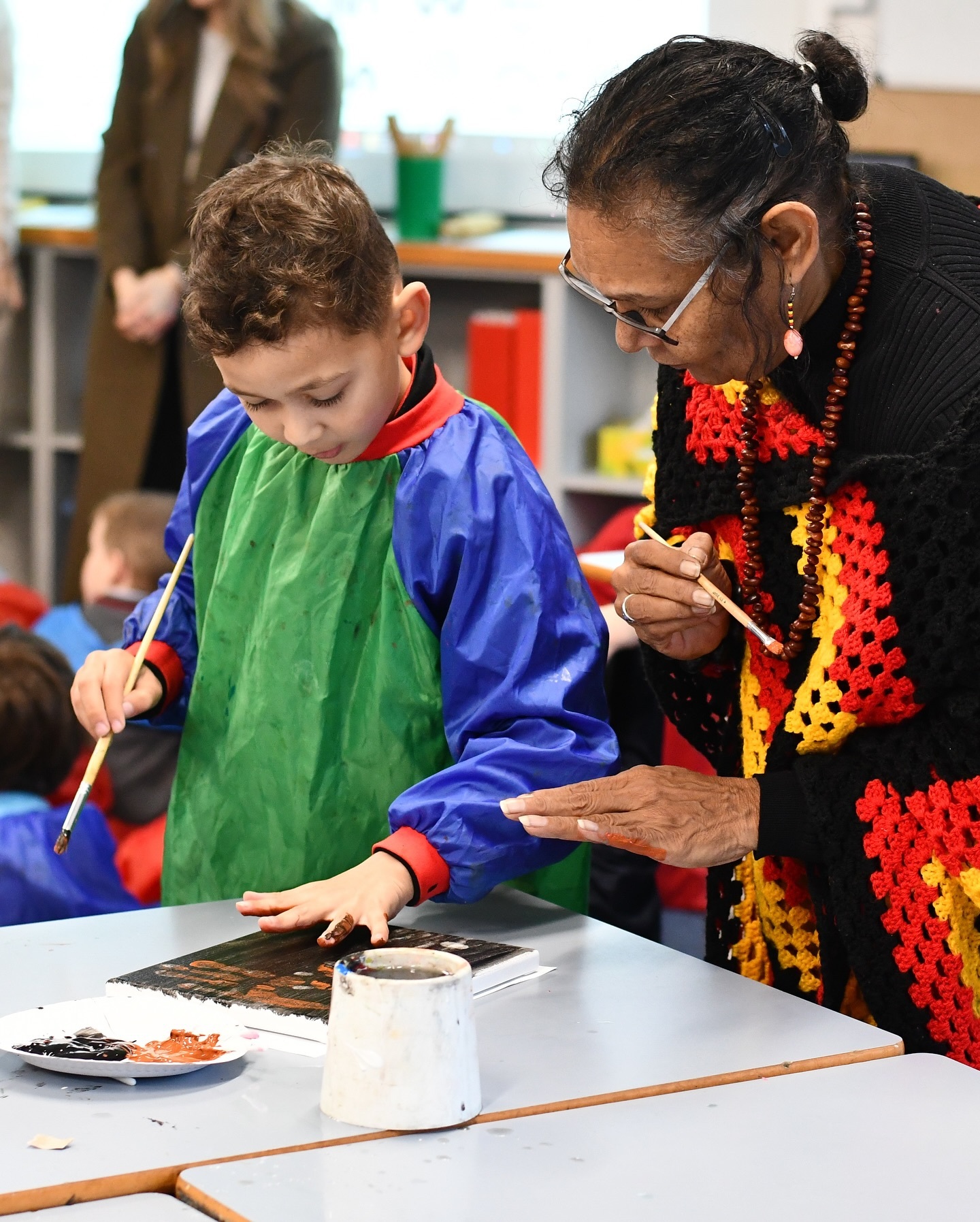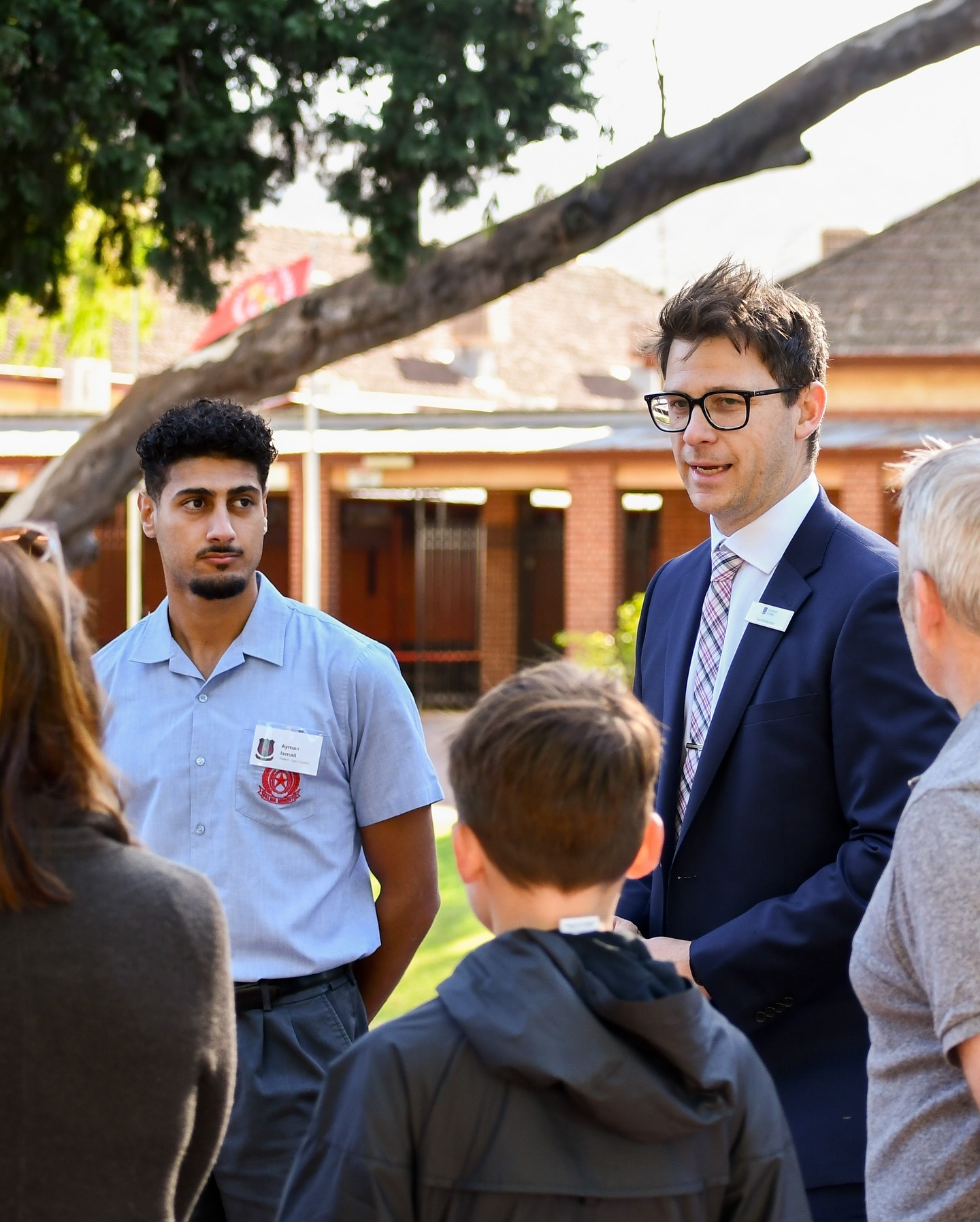Why Boys?

Boarding

Man City Football School

Ever strong. brave. confident. growing. strong. brave. confident. growing.
Principal's
Welcome
There are many pathways to success, and we pride ourselves on providing access to the right pathway for every child.
Read moreOur College
Our purpose is to provide an authentic and quality Catholic education for boys in the Edmund Rice tradition. We encourage boys to strive to achieve their personal best, while aspiring to make a positive difference to the world.
Latest Media
See allUpcoming Events
See all







Acknowledgement of Country
Rostrevor College acknowledges and respects the traditional custodians of the South Australian region upon whose lands our School operates, the Kaurna people of the Adelaide Plains. We acknowledge and pay our respects to the Elders, past, present and future - for they hold the memories, the traditions, the culture and the hopes of Aboriginal and Torres Strait Islander people.






